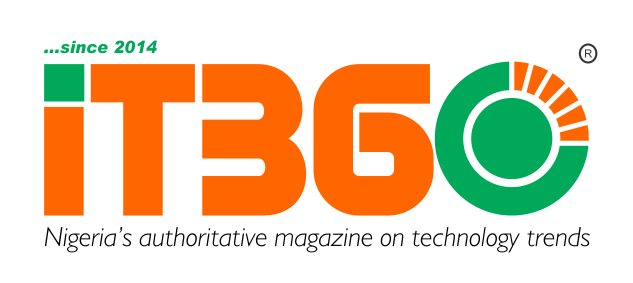Subscriptions to high-speed internet, otherwise known as broadband, rose to 92.5 million in February 2023, according to the latest data released by the Nigerian Communications Commission (NCC).
The growth recorded in February was, however, marginal compared with previous months when broadband subscriptions had been growing by an average of 1 million a month.
The NCC data shows that telecommunications operators in the country recorded a total of 550,223 new broadband subscriptions in the month.
As of January 2023, broadband subscriptions in the country stood at 92 million. The increase recorded in February brought the country’s broadband penetration to 48.49% from 48.20% recorded in the preceding month.
In the same month, total internet subscriptions in the country, that is subscriptions for 2G, 3G, 4G, and 5G internet service, increased to 156.9 million. Going by the number of broadband subscriptions, this shows that 58.9% of the internet connections in the country as of February 2023 were on 4G and 5G.
The continuous increase in broadband subscriptions shows that the country’s efforts through the implementation of the National Broadband Plan (NBP 2020-2025) are yielding results. In the plan, the government had set a target of 70% broadband penetration to be achieved by 2025.
The telcos are driving broadband penetration through the expansion of their 4G service across the country.

Why it Matters
A World Bank report established that every 10% increase in broadband penetration in any country would improve its GDP by at least 4.6%. Hence, the rapid rollout of broadband services in Nigeria is expected to address various socio-economic challenges the country faces, including the need to grow its economy, expand the tax base, and improve digital literacy and educational standards.
The Background
Amidst the implementation of the country’s broadband plan, which started in 2020, subscriptions had declined steadily for months as a result of the government’s policy on SIM cards.
■ From a peak point of 45.93% in October 2020, broadband penetration in Nigeria slipped to 39.79% in July 2021.
■ Between November 2020 and October 2021, the service providers lost a total of 9.9 million broadband subscriptions.
Before the ban on new SIM in 2020, the country had been recording a 1% increase each month, as the mobile network operators continued to push for the deployment of 4G service across the country.


